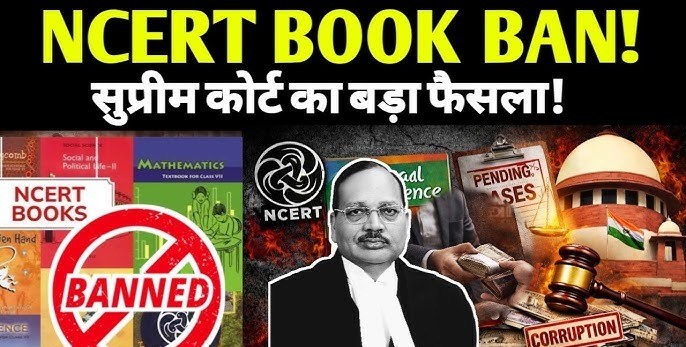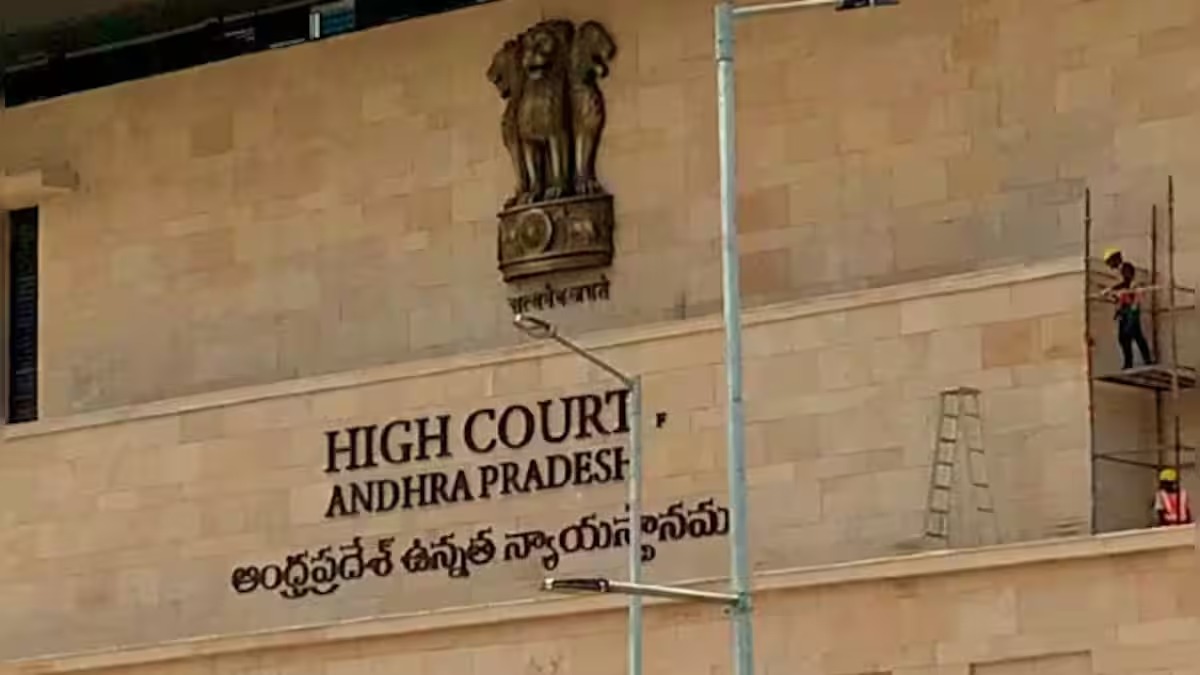Rajiv Narain Raina, J.@mdashReference No. 35 of 2004 on the question of legality of termination of the workman has been answered by the Presiding Officer, Labour Court-III, Faridabad in the award dated 20th July, 2010 partially against the petitioner. The petitioner has been reinstated to service but with award of 10% back-wages and not full back wages as claimed in this petition. The award has not been challenged by the respondent management and has become final against it. The workman has approached this Court under Article 226 of the Constitution of India praying for setting aside the award of an amount of only 10% back wages which is unfair. He claims that on reinstatement, he deserved to have been given full back-wages. The answer to this question depends largely on the truthfulness of the defence taken by the management in contesting the claim for reinstatement and its conduct in dealing with its workman. The defence was that the petitioner had abandoned his services and was, therefore, not entitled to any relief as his services were not terminated by the respondents. The defence has been faulted by the Labour Court as false. The Labour Court has relied on a large number of judgments cited before it by both sides to hold that the petitioner had not abandoned his services. The burden of proof of abandonment of services was on the management which it has failed to discharge on the Court file. Refusal to give employment to a workman by his employer amounts to termination of service and therefore retrenchment within the meaning of Section 2(oo) of the Industrial Disputes Act, 1947 (the ''Act''). The management pleaded that it had offered the workman sufficient opportunity to join duty during the conciliation proceedings but the workman refused to accept the offer. To rebut the stand of the management, the workman produced the record of the conciliation proceedings which resulted in a failure report duly exhibited on the record of the Labour Court at W4 from where it was revealed that the management had not made such an offer to the workman during the conciliation proceedings. The Conciliation Officer recorded in the report that the management did not even show any interest in the conciliation proceedings. The Labour Court held that the plea of the respondents stands falsified by the report. There was evidence on record that the name of the petitioner had been struck off the rolls. The Management witness appearing as MW1 admitted that neither notice nor retrenchment compensation was paid to the workman at the time of refusal to give work. Therefore, the mandatory provisions of Section 25-F of the Act were not complied with. The termination was held to be illegal.
2. If such was the quality of defence set up and evidence adduced by the Management on the record which stood falsified by evidence contra, then the Labour Court was not justified in awarding 10% back-wages and that too without any supporting reasons. In the absence of reasons in awarding a measly amount of back wages, then the order of the Labour Court cannot be supported on first principles.
3. The present is an appropriate case to apply the principles laid down by the Supreme Court. The law on the subject of back wages was expounded by their Lordship''s of the Supreme Court in
"Ordinarily, therefore, a workman whose service has been illegally terminated would be entitled to full back wages except to the extent he was gainfully employed during the enforced idleness. That is the normal rule. Any other view would be a premium on the unwarranted litigative activity of the employer".
And again:
"Full back-wages would be the normal rule and the party objecting to it must establish the circumstances necessitating departure".
The view was reiterated in
4. Thus, reinstatement should be normally followed by payment of full back wages for the period of forced idleness unless there are reasons necessitating departure. If there are no relevant grounds of departure found on the record of this case and none could be shown by the management from the pleadings and the evidence adduced or in its address before the Court at the hearing, then it follows sequitur that the workman deserves to be paid full back-wages on reinstatement. Consequently, this petition is accepted and the impugned award dated 20th July, 2010 is modified to the extent that 10% back-wages would be read as full back-wages. A direction is issued to the Management to calculate and pay the full back-wages to the petitioner within a period of one month of the expiration of the period of limitation prescribed for appeal.

